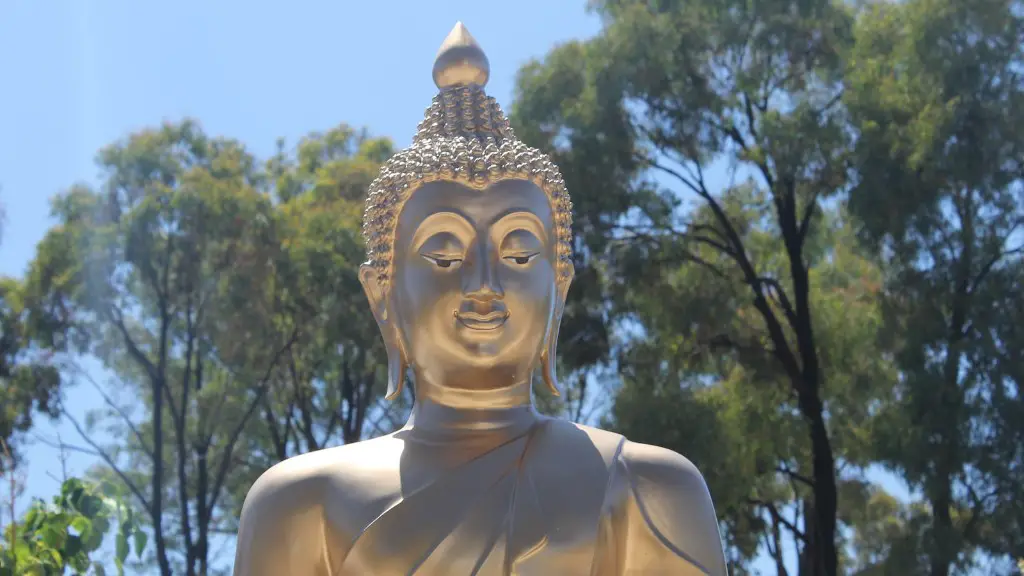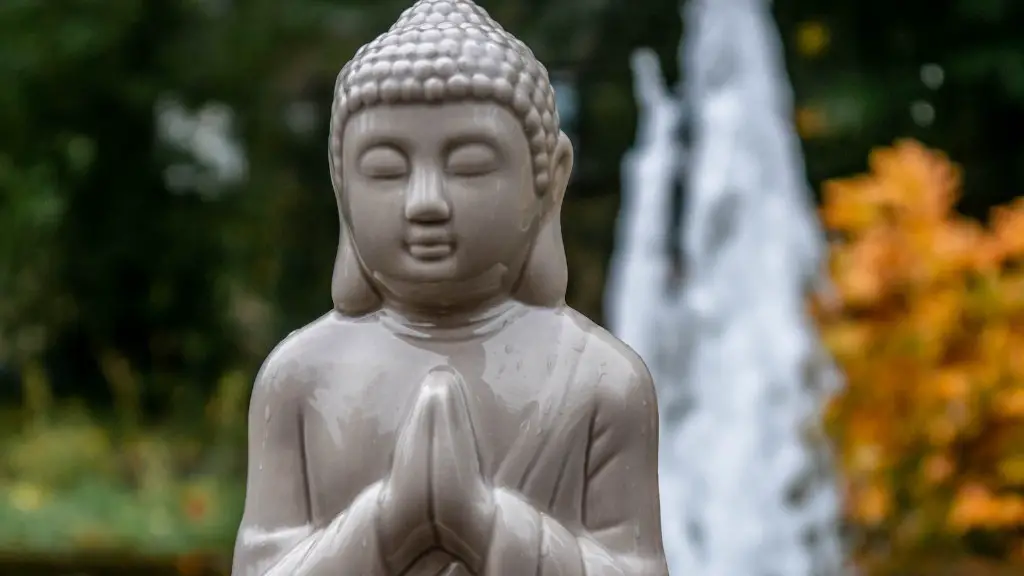Are Christianity and Catholicism the same religion? Many people who are not Christian or Catholic may assume that the two are one in the same. However, even though they have some similar aspects, there are also many significant differences that set them apart. We will explore the similarities and differences between Christianity and Catholicism in this article.
Christianity is the largest religion in the world and Catholicism is one of its largest branches. Christianity has roughly two billion followers while Catholicism has 1.2 billion. So, in comparison, Christianity is much larger than Catholicism. Christianity is an umbrella term that covers a variety of denominations including Protestantism, Anglicanism, Presbyterianism, and so on. Catholicism, on the other hand, is its own denomination, with specific beliefs and traditions.
One similarity between Christianity and Catholicism is that both accept the Holy Bible as their core text for faith and belief. The Old and New Testaments are equally accepted by both. Additionally, both Christianity and Catholicism hold the same beliefs about the divinity of Jesus, His miracles, and the resurrection. Finally, they both have similar ritualistic elements such as baptism and the Eucharist.
Despite the common ground, Christianity and Catholicism still differ in several substantial ways. One major difference is in their approach to governance and organization. Catholicism is closely associated with a hierarchical system, with the Pope at the top. Whereas Christianity does not have a single leader or hierarchy and most Christians belong to an autonomous local faith community or congregation.
On the other hand, religious practitioners of both Christianity and Catholicism place an emphasis on the importance of faith and works equal to each other. This contrasts from other denominations such as Calvinism and Lutheranism in which they primarily emphasize faith over works.
Catholics have a more strict emphasis on the Seven Sacraments which are not mandatory in Christianity. They also have a more exclusive view on salvation, holding that only individuals accepted in the Catholic Church through baptism can be saved. Although different denominations of Christianity do have different doctrinal beliefs on the matter, the overall view is that salvation can be found in many ways through faith in Jesus Christ.
The Role of Mary in Christianity and Catholicism
Within Christianity and Catholicism, there is a strong focus on the role of Mary, the mother of Jesus. Catholics have a more venerated role for Mary in their theology compared to Protestantism which does not feature her as prominently in its doctrine. Catholics refer to Mary as “The Mother of God” and pray to her for intercession with God, while in Protestant denominations, Mary is seen as a revered figure with no real religious role beyond Jesus’ earthly mother.
Catholics also honor Mary by celebrating her fixed feasts and by granting her spiritual titles such as Queen of Heaven, the Ever Virgin and Advocate. Protestant Christians tend to reference Mary more in passing, as an example of faith, rather than giving her a special title and dedicating feasts to her.
Many Protestant denominations have abandoned the Catholic practice of praying to Mary. Catholics venerate Mary but do not worship her, because according to the Nicene creed, Jesus is the only one who is worthy of worship and adoration.
The Role of Sacraments in Christianity and Catholicism
The Sacraments are an integral part of the Christian faith. Both Christianity and Catholicism believe in the seven Sacraments of baptism, Eucharist, confirmation, penance, anointing of the sick, Holy Matrimony, and Holy Orders.
Although both religions accept the same sacraments, the way they are applied is slightly different. Catholics give sacraments more importance than Christians, believing that certain rites convey special grace through the minister or the act itself.
Protestants view the sacraments of baptism and the Lord’s Supper as symbolic acts of remembrance, rather than as the source of special grace. Additionally, Protestant denominations have abandoned some of the other sacraments, such as penance, as they are not supported by scripture.
Finally, the Catholic Church requires that its members receive the Eucharist at least once a year during the Easter season, while Protestant denominations have no such requirement.
The Role of Celibacy in Christianity and Catholicism
Celibacy is another area where the beliefs and practices of Christianity and Catholicism divide. All priests and bishops of the Catholic Church must remain unmarried and celibate. This is in line with Jesus’ words in the gospels to not be distracted by the physical world, putting the soul and its journey to salvation in the forefront.
In comparison, many Protestant denominations, particularly Evangelical churches, believe celibacy is not necessary to serve in the church. Married couples are allowed to serve as leaders of their churches without the necessity of remaining celibate.
Christianity and Catholicism’s Beliefs On Abortion
The issue of abortion has long been a divisive issue within Christianity and Catholicism, with very different views being held by the two denominations. Catholic teachings are strongly against abortion, believing it to be a grave moral crime regardless of the circumstances in which it took place. The Catholic Church teaches that life begins at conception and abortion therefore is the taking of a human life.
In contrast, most Protestant denominations take more of a pragmatic approach to the issue, allowing abortion in cases where continuing the pregnancy could be harmful to the mother. However, there are still some Protestant denominations who are strongly against abortion.
Christianity and Catholicism’s Beliefs on Homosexuality
Finally, another area of tension between Christianity and Catholicism is on the issue of homosexuality. Catholicism teaches that homosexual acts are gravely immoral, and that any sex outside of marriage is sinful. A refusal to accept one’s biological sex is believed to be a rejection of God’s plan.
Protestant denominations, on the other hand, are more likely to take a lenient approach to the issue, with some even welcoming gay members and allowing married same-sex couples to become members. The United Church of Canada, for example, has been ordaining gay and lesbian ministers since 1988.
Conclusion
In conclusion, although Christianity and Catholicism have some common aspects, both religion-wise and beliefs-wise, there are also significant differences and tensions that separate the two denominations. With regards to governance, sacraments, celibacy and beliefs on controversial topics, Christianity and Catholicism hold vastly different views and approaches. Therefore, despite having a common religious origin and shared beliefs about God, Jesus, and the Bible, Christianity and Catholicism are two distinct denominations.

